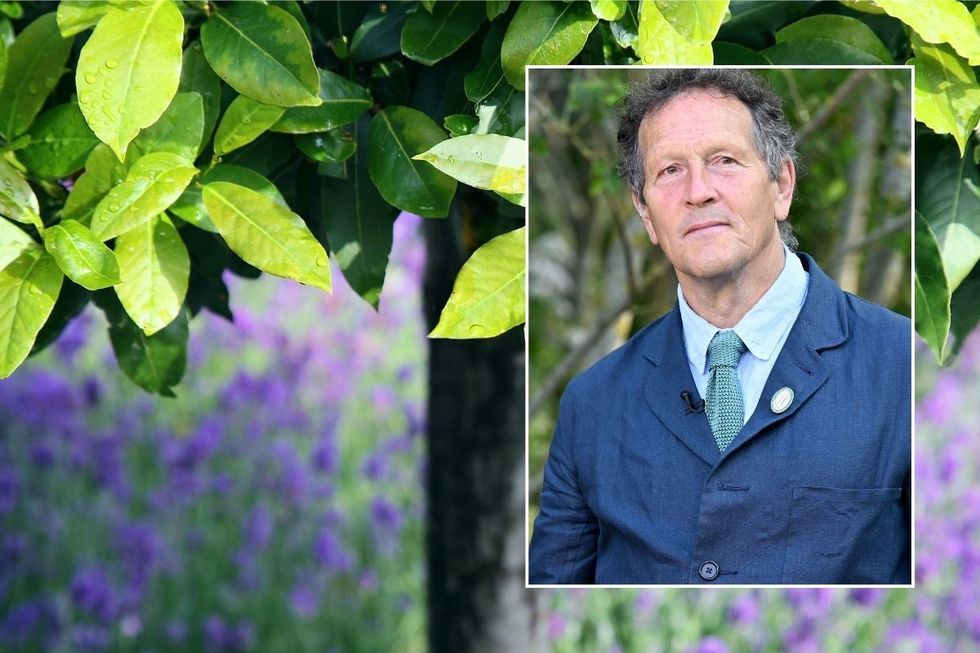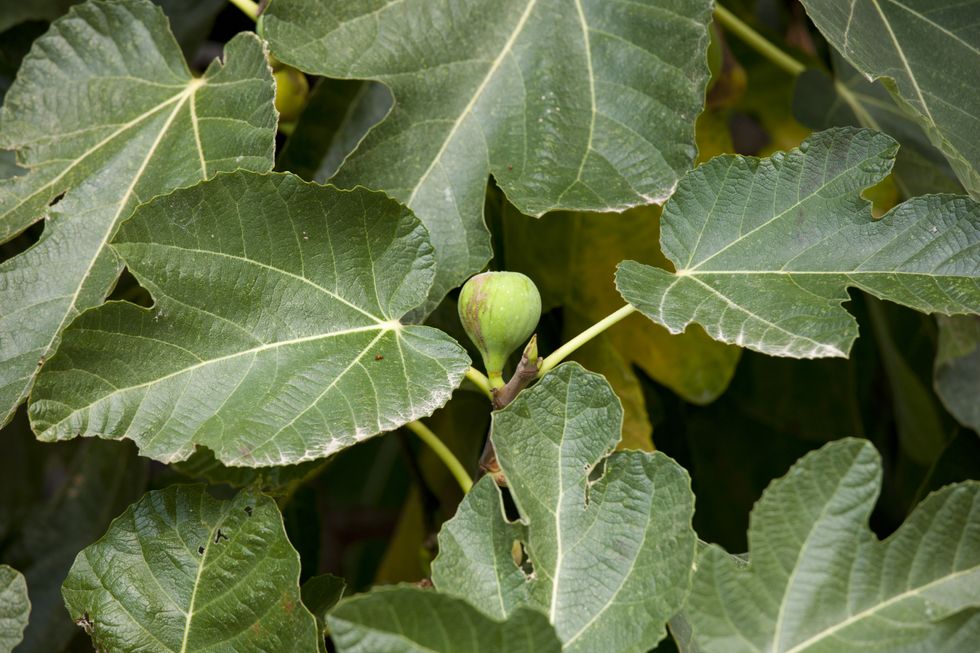Monty Don names 4 shrubs that need 'wrapping' this month or risk suffering 'real damage' as temperatures drop

Sudden drops in temperature could put your plants in grave danger, according to the horticulturalist
Don't Miss
Most Read
November has traditionally been characterised by week-long frost, but with the climate rapidly changing, gardeners are being forced to adapt.
Sudden overnight temperature drops are the real threat, particularly to semi-tender plants, according to Monty Don.
The British horticulturalist cautioned that plants like pomegranates, olives, bay and citrus grown in contains are best kept outdoors as long as possible, but can suffer damage from sudden frost.
Fortunately, many of these risks can be minimised with the help of horticultural fleeces lightly secured with twine.

Monty Don recommends protecting shrubs this month
|GETTY
Monty Don wrote: "Climate change has made our winters warmer and wetter. Twenty-five years ago you could depend upon a spell of a week or so of sharp frost around the middle of November where the temperature would remain below freezing for days on end, but this is becoming increasingly unlikely.
"However the temperature can plummet very quickly indeed overnight and semi-tender shrubs like pomegranates, olive, bay or citrus grown in containers - which are healthiest kept outside as long as possible - can suffer real damage.
"The solution is to have squares of horticultural fleece cut to fit each plant ready to wrap around them."
This will be enough protection against light frosts although in really cold weather, when the temperature drops below -5, they will need a double layer or moving indoors.
"I lightly secure them with twine so that the fleece is easy to remove as soon as the temperature rises again," added Monty.
Other tasks for November
For those who want to fill their homes with flowers by Christmas, the gardening fan recommended paperwhite daffodils.
They will be flowering by the end of the year if you plant them at the beginning of November, Monty Don confirmed.
LATEST DEVELOPMENTS

Pomegranate shrubs can be damaged by sharp drops in temperature
|GETTY
"Unlike most daffodils, it is native to the Mediterranean and does not require a period of vernalisation - or cold - to induce flowering."
For the best results, Monty recommended planning the bulbs beneath the surface of your compost in a container, ideally with drainage.
The idea is to keep the bulbs watered but not soggy and place them in a warm place that receives a healthy amount of light.
"The bulbs will grow strongly and if indoors in the warmth, flowering in four weeks," explained the gardener. "To delay and prolong flowering keep them cool but frost-free."










